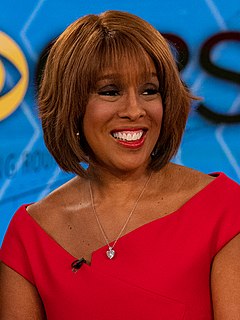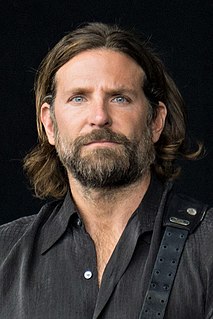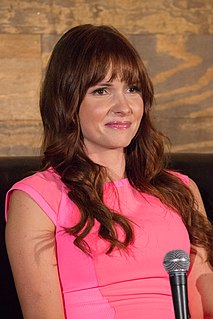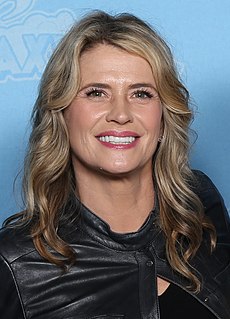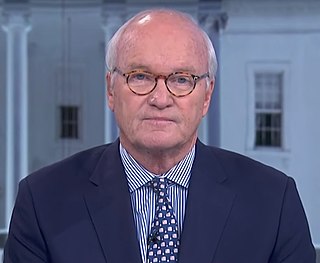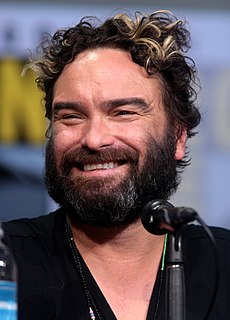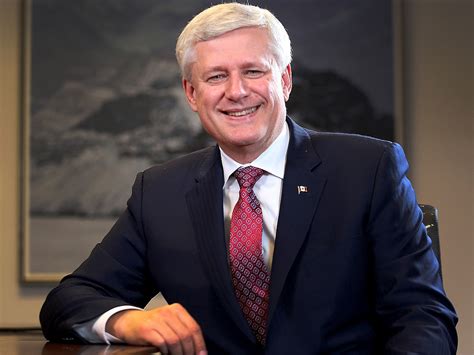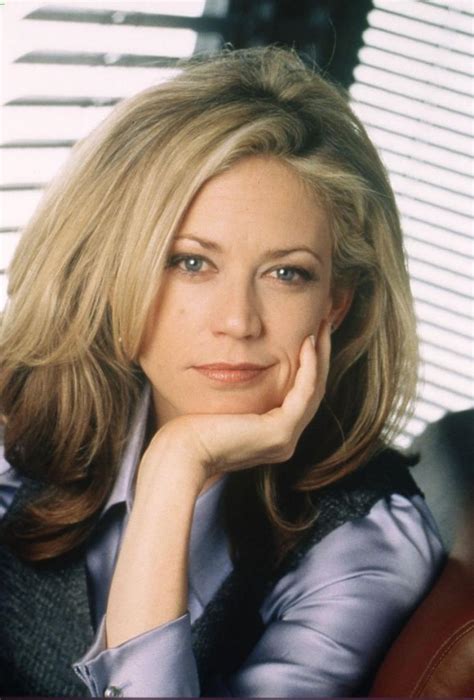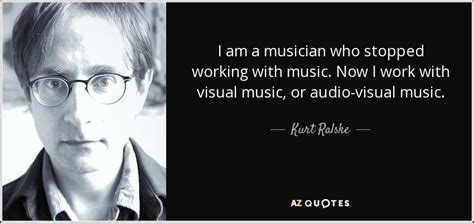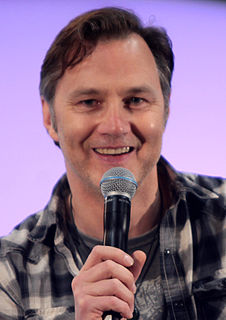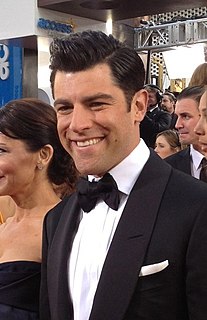A Quote by Gayle King
I fell into TV quite by accident but once I was in a newsroom for the very first time, I was hooked because I loved the adrenaline. There was a breaking story that day and people were running around to get the news on the air. I thought, Jesus, how do you get to do this? So, that's how it started. The bulk of my career was in TV.
Related Quotes
There's something really cool about TV. TV, you get the luxury of having the same people around. It is such a blessing when you get a TV job. You really have a chance to get to make, like, work friends. I think TV is one of the few mediums where I've had the opportunity to get to know my crew members.
My parents would have their friends over - their friends who thought, 'How can you live without a TV?' By the time they left, they understood why, because I had done the second act of 'West Side Story' and the first act of 'Jesus Christ Superstar,' playing all the parts. In many ways, that's what I'm still doing. I'm just getting paid better.
I believe that the major operating ethic in American society right now, the most universal want and need is to be on TV. I've been on TV. I could be on TV all the time if I wanted to. But most people will never get on TV. It has to be a real breakthrough for them. And trouble is, people will do almost anything to get on it. You know, confess to crimes they haven't committed. You don't exist unless you're on TV. Yeah, it's a validation process.
I've always loved theatre because it's so immediate. The challenge of it is that, career wise, it's easier to get traction in the industry if you do film and TV because the audience is larger, and because the work can be seen for a longer period of time. I did solid work in a series of regional and Off-Broadway shows, but the work I did on TV or film will have a longer life with a larger audience (and with services like Netflix). Ultimately, there's something intimate about TV, because the storytelling and the actors come home with the viewer. It can be powerful because of that.
I loved my soap days. I really loved them. A Martinez and Marcy Walker taught me how to act, basically. All those people pulled together and helped get me started. Like, showed me how to hit my mark, made me do this, made me do that. That was my first long-running professional gig. And it was like, they were just - great, great with me.
Some people who make music are instantly very savvy about how they can get their music to communicate in a larger way. For me, the music was always first, and I put a lot of time and effort and thought into making the recordings. But everything else around it, all the things that were necessary to have a career in pop music, I was completely ill equipped to handle.
I know how to turn it on [computer]. I know where the disc goes: in that little slot but I can't always get it out. And I have three genius-level computer savvy kids who save my ass all the time. I'll tell you what I don't do. I don't watch the news on TV anymore. I get my news online. And like all of you, I Google whoever I want.
I get the 'Guardian' delivered every day and read it very quickly. I like it for both the TV and theatre reviews and because it's very accessible. At the weekend, I get the 'Observer' because I love the food supplement, Observer Food Monthly, and the style section. And I can't resist the News of the World.
If this understanding of the good news of Jesus prevailed among Christians, the belief that Jesus’s message is about how to get somewhere else, you could possibly end up with a world in which millions of people were starving, thirsty, and poor; the earth was being exploited and polluted; disease and despair were everywhere; and Christians weren’t known for doing much about it. If it got bad enough, you might even have people rejecting Jesus because of how his followers lived. That would be tragic.
Before 'New Girl,' I had just been grinding in TV for a really long time. I had been testing for so many shows and not getting them. You don't know how difficult it is or how lucky you have to be - and I only say lucky because there are so many people out there - to get a show on the air and keep it going.
The first thing I say when people ask what's the difference [between doing TV and film], is that film has an ending and TV doesn't. When I write a film, all I think about is where the thing ends and how to get the audience there. And in television, it can't end. You need the audience to return the next week. It kind of shifts the drive of the story. But I find that more as a writer than as a director.
